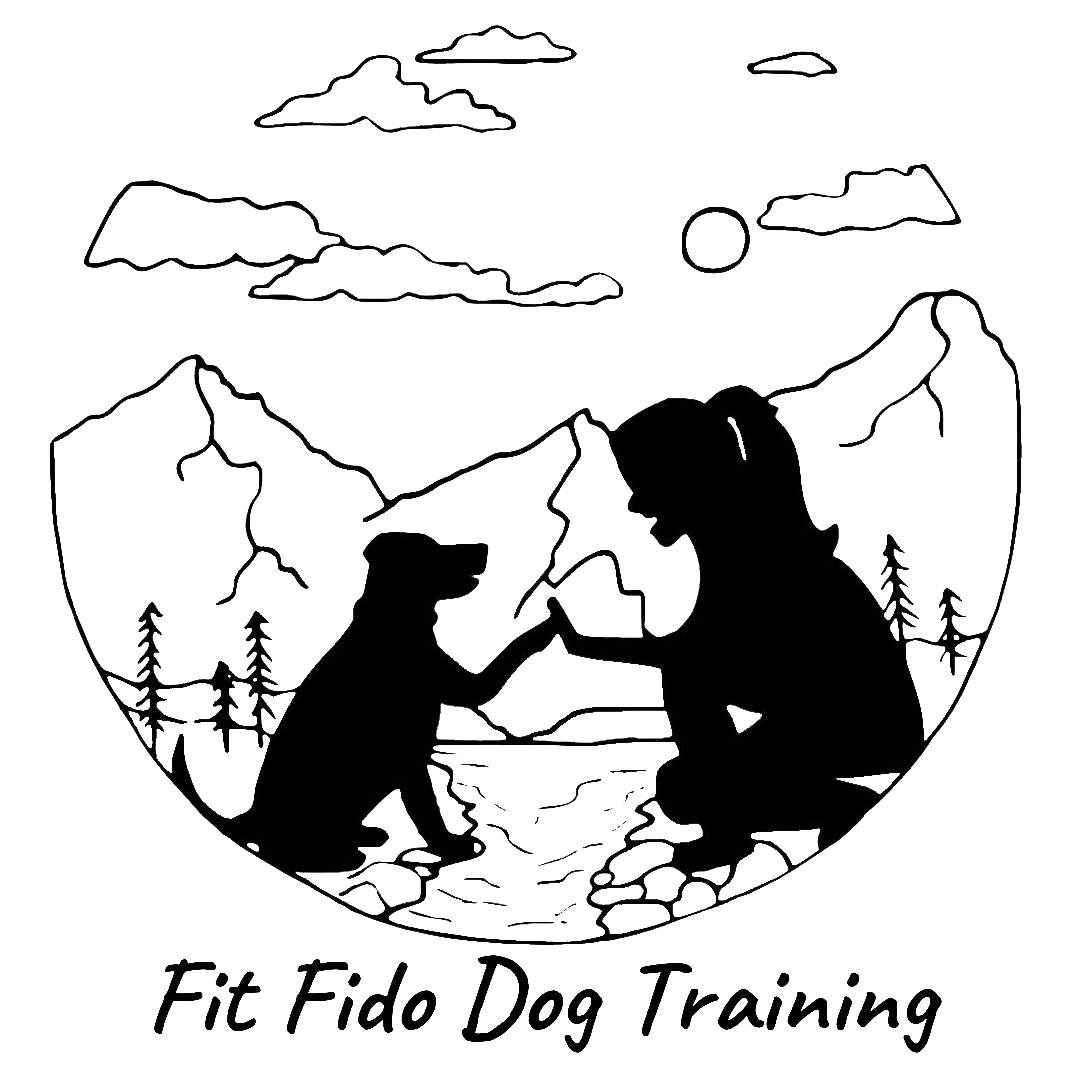Understanding Your Adolescent Dog: Navigating Behaviour Changes
Adolescence in dogs is very similar to human teenage years. This is when puppies naturally become more independent and curious about the world around them. This does not mean your puppy has become disobedient it is just a normal part of their development where they test boundaries.
You might notice previously reliable behaviours like their fast recall or staying close to you have become a thing of the past, and new, frustrating habits start to emerge. These are due to changes in their brain and body. Your role during this time is crucial—support them with guidance, compassion and understanding.
Challenges You Might Face
Adolescence often brings temporary behavioural changes but if left to “outgrow”, these behaviours will become your new normal:
Difficulty disengaging: Increased distraction by other dogs, cats, squirrels or even just the new smells in the environment can cause your puppy to be less interested in listening to you. Combat this with games that teach them to ignore the environment and be more present with you.
Heightened emotional responses: Sudden fear or over excitement, this could be to things they have normally been okay with.
Boundary testing: New behaviours like counter-surfing, pulling on the leash, barking or poor recall could pop up.
Focus on building your relationship through positive interactions and managing these challenges.
Building a Strong Relationship
Prioritize your relationship with your dog during adolescence in stead of trying to teach new skills or more obedience as this is already a hard time for them emotionally with all the changes they are going through. Here are the things I like to focus on during this stage of training.
Play games: Focus on disengagement and optimism to help them navigate confidently.
Relationship bank account: Offer plenty of positive interactions to strengthen your bond and trust.
Non-event training: Teach them that distractions in the “real” world are not worth their attention.
Key Concepts to Develop
Concentrating on key concepts is going to solidify these skills for your puppy and grow them into a great dog.
Disengagement: Teach them to move away from distractions and be able to focus on you around distractions.
Optimism: Protect and nurture their optimism through empowering games, this is key for a take anywhere dog.
Non-event training: Help them remain composed in distracting situations and show them that you are a team.
Managing Expectations and Environments
Reset your expectations when out in the real world:
Use management strategies: Crates, leads, and gates can prevent undesirable behaviours in the house.
Avoid overexposure: Limit overwhelming situations, especially outside the home, to set them up for success.
Reward Experiences Tailored to Your Dog
Make experiences with you more enticing than distractions:
Tailor rewards: Align rewards with their natural interests to strengthen your bond and their desire to interact with you. Figure out what is a good deal for your dog and do that! If your dog has decided that chasing things has become a fun game have them chase after you while you are on your walk or play hide and seek on a trail and run away after they find you.
Purpose Before Exercise
Focus on growth over perfection:
Adolescent goals: Prioritize core concepts that will serve them well now and in adulthood. Think about what you want to do with your dog and how you want them to act, then make a plan to get there! There is a game for everything so if you think that you need help mapping out your perfect training plan reach out for some guidance.
Training is a lifestyle not a season, there is always something new to learn .
Gameify your life!
Please follow this link to book your free phone consultation for more information.

